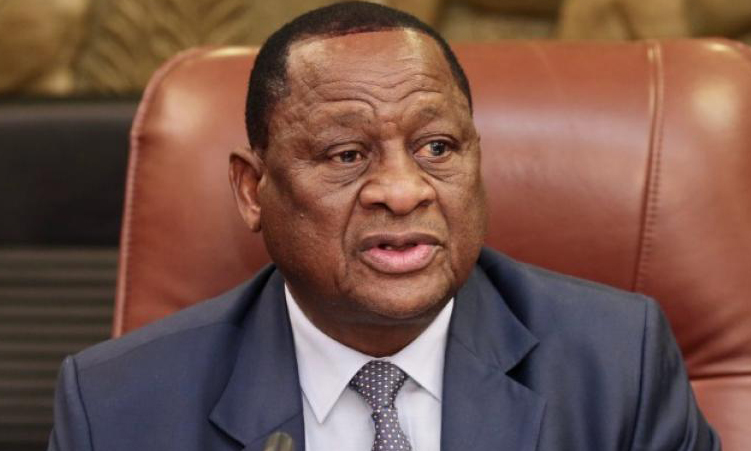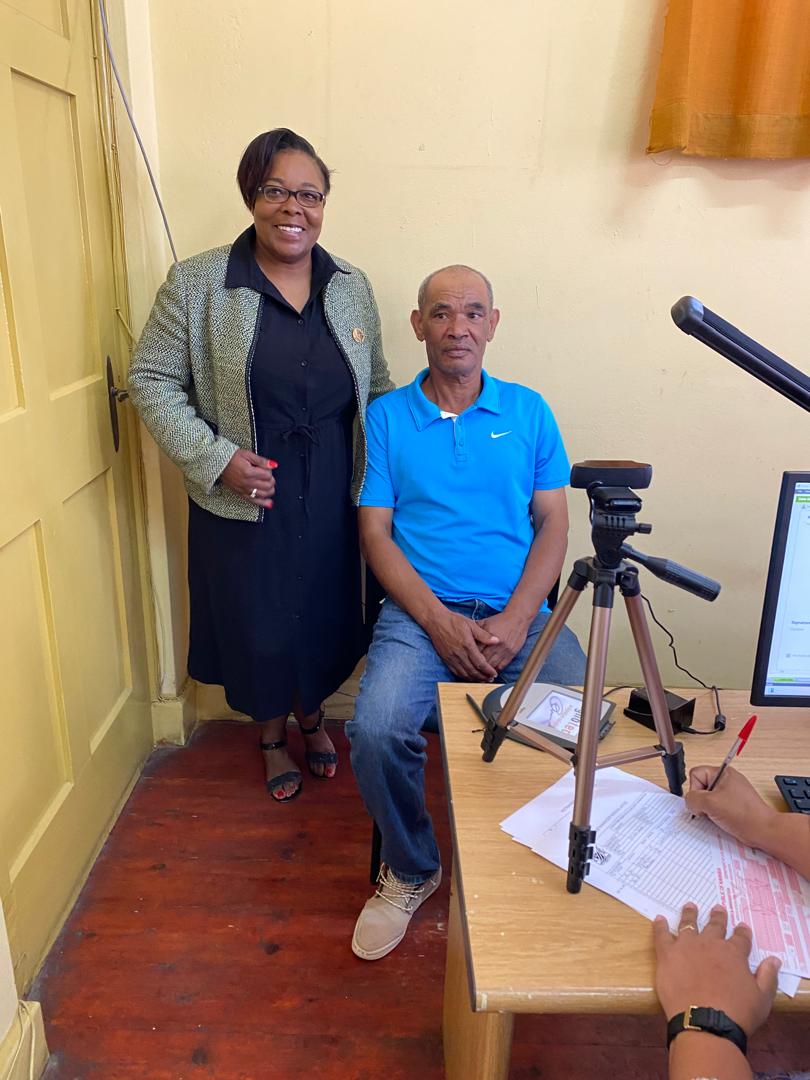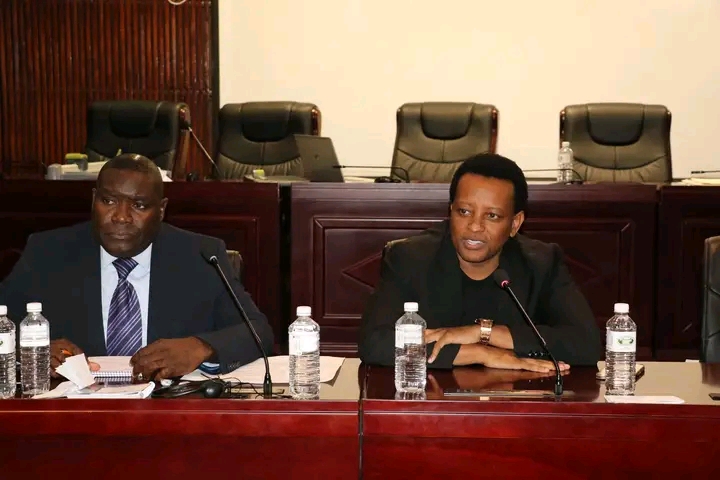Popular Democratic Movement (PDM) leader McHenry Venaani says lawmaker Jerry Ekandjo’s proposed anti-gay law must pass a constitutionality test.
Venaani says the amendment bill, which seeks to define the term ‘spouse’ and amend the Marriage Act of 1961, will now have to pass a legality test in the National Council.
He was speaking in parliament on Wednesday during a heated debate over an amendment to the civil registration and identification bill, which was tabled earlier in the week.
Disagreement over the definition of the term ‘spouse’ prevented members of parliament from voting on Clause 1 of the bill’s amendments, which differed from Ekandjo’s proposed private members’ bill.
The civil registration and identification bill currently defines marriage as “a union between a man and a woman of full age, and concluded in terms of the laws governing civil marriages in Namibia”.
The bill makes a provision to exclude same-sex unions or any union concluded in Namibia, and the reference to ‘spouse’ excludes a person in a same-sex marriage or union. In the marriage amendment bill tabled by Ekandjo as a private member’s bill, ‘spouse’ is defined as “a person being one half of a union between a genetically born man and a genetically born woman of the opposite sex of that person”.
Voting on the civil registration and identification bill is at the committee stage, but had to be postponed after several members of parliament (MPs) questioned why the definition in the bill differed from Ekandjo’s, which was passed by the house on Tuesday.
Minister of home affairs, immigration, safety and security Albert Kawana and his deputy, Daniel Kashikola, anticipated that the law would be passed before the National Assembly went into recess.
However, both the opposition and Swapo MPs requested that Kawana and Kashikola explain why the civil registration and identification bill define ‘spouse’ differently.
PDM lawmaker Maximalliant Katjimune said: “Can we really have different laws that speak to different definitions of the same thing?” Swapo lawmaker Natangwe Ithete said the civil registration and identification bill must adopt the definition of spouse as defined in Ekandjo’s latest marriage amendment bill.
Minister of information and communication technology Peya Mushelenga also insisted that the house adopt Ekandjo’s definition of ‘spouse’.
“To talk about a genetically born man and a genetically born woman is to prevent, for example, someone from leaving this country as a man, going through several operations, and coming back as a woman,” Mushelenga said. He said the civil registration and identification bill does not address the issue of transgender people. Swapo lawmaker Becky Ndjoze-Ojo said the reason for amending the Marriage Act is “because people make changes to their womanhood and manhood”.
“We should look at those who were born as women and as men. That’s why the genetically born amendment came in,” she said.
Kawana rejected the argument that the civil registration and identification bill must adopt definitions in the marriage amendment bill because the National Assembly passed it first.
He said the amendments were the result of debate during the first and second readings of the bill in the National Assembly.
“It is a misrepresentation to say this one came after because it was fully motivated here by my colleagues.”
Kawana also said the bill’s amendments have been certified by the attorney general, who serves as the chief legal adviser to the head of state and the government.
Landless People’s Movement leader Bernadus Swartbooi agreed with Kawana, saying the attorney general’s input on bills, even private members’ bills, does not overrule the parliament. He said the issue of two bills defining spouses differently is one reason why the attorney general “should have been involved to sanitise these laws as they come”.
“Now, we have a problem. But the argument would not suffice to say that the minister must accept that definition.”
Meanwhile, Kashikola said the house has agreed to come up with a definition that will reject, prohibit, or criminalise same-sex issues in Namibia.
However, he said both definitions in the marriage amendment bill and the civil registration and identification bill “all aim at one point, which is to prevent what we don’t want”.
Stay informed with The Namibian – your source for credible journalism. Get in-depth reporting and opinions for
only N$85 a month. Invest in journalism, invest in democracy –
Subscribe Now!










